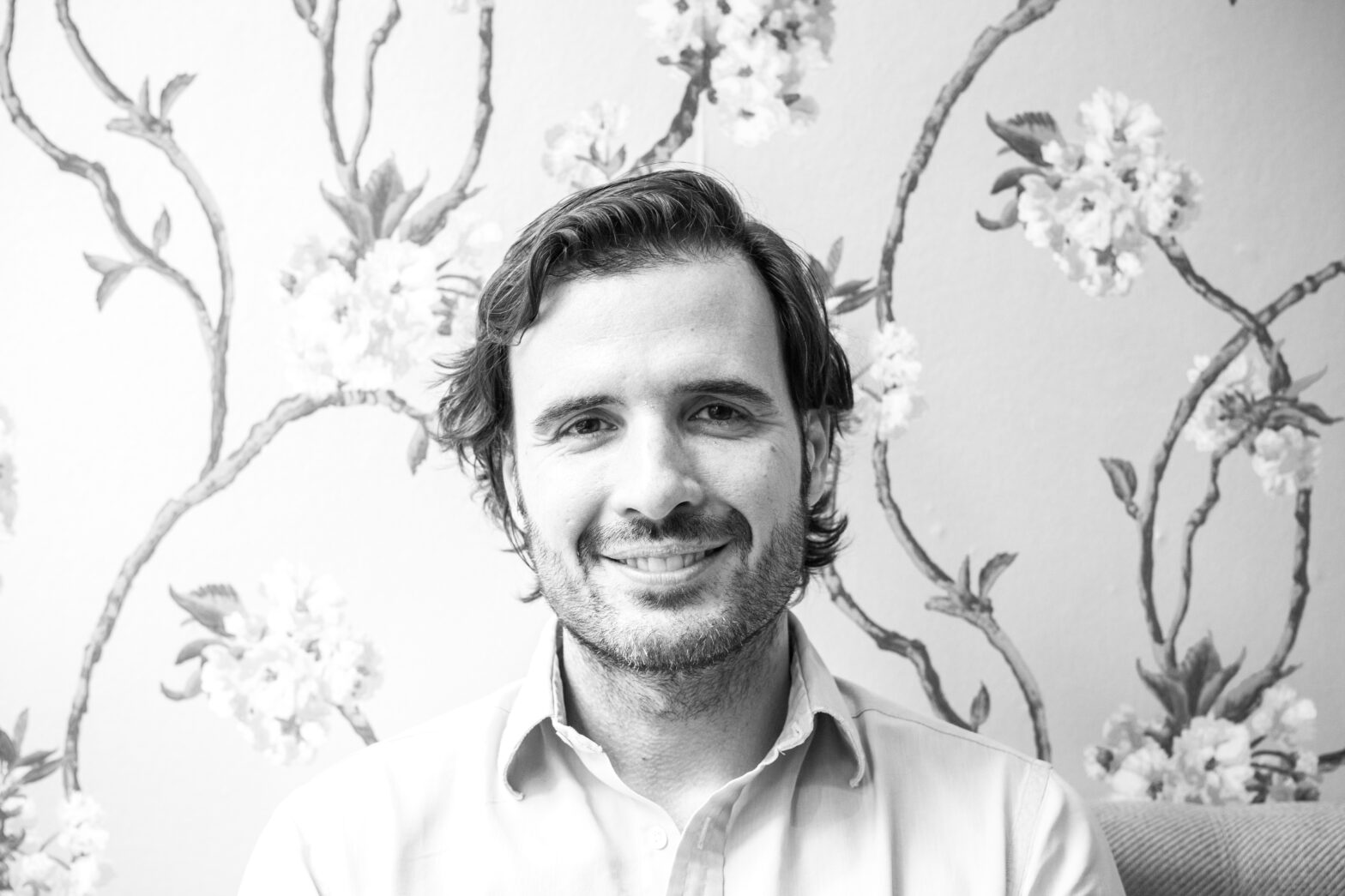Having cut his teeth as a dot.com business builder and then executive at lastminute.com, Lopo Champalimaud ultimately turned his efforts towards creating a marketplace where small beauty business are brought together under one roof.
I start by asking Champalimaud what has given him the confidence to make the series of big career jumps that have got him to where he is today, and he’s pretty candid in admitting a lot of it has come down to foolishness and a little bit of curiousness.
‘I think some of it is just naivety, and that gets you a long way,’ he reveals. ‘But I think I’ve always had a drive, not necessarily confidence, just a curiousness to go out and create something.
‘That is what makes me happiest, as I want to do things different and original. However, when you start businesses you never really know the challenges – otherwise you probably wouldn’t do it. Ignorance really is bliss.’
With his early days spent in Lisbon and Montreal, before a stint at McGill University, he co-founded analytics business Cyber Dialogue in the 1990s. The business then became Fulcrum Analytics and Champalimaud stayed there until 2003 when he pivoted to the corporate world and took up a position at lastminute.com and its parent company Travelocity.
As European MD of lifestyle, he witnessed the surge of online booking that emanated throughout the period between 2004 and 2008 – a trend which presented a business opportunity when he identified a sector that hadn’t been dragged kicking and screaming into the digital world.
Champalimaud freely confesses that he is terrible at working for someone else. Despite loving his time at lastminute.com, he says it became clear very rapidly that it was not well suited to him.
‘I think if you are an entrepreneur you just need to create your own thing, and I wasn’t very good at following all the rules.’
Steely determination
He explains an analogy, first recounted by his father when a younger Champalimaud returned from beginning an internship at a bond trading company in New York and being completely baffled with how things worked, as a way of outlining his approach to business. It’s a case of swimmers verses surfers.
‘Swimmers see a destination and swim to it regardless of the currents or obstacles. Surfers follow the wave and make the most of the direction things are moving,’ he remembers.
‘Both are good and to some degree we all have a bit of both, but in general entrepreneurs are swimmers.’
It was this trait, of being a swimmer, that saw Champalimaud, when he realised that lastminute.com weren’t going to run with it, decide to forge off on his own again to build a marketplace bringing together the highly fragmented and analogue wellness and beauty world.
Wahanda provides a way for consumers to make appointments at more than 5,000 locations such as hair salons, yoga studios, nail bars and hotel spas. With many of these previously employing a phone-only booking system and maintaining a paper or simple computer diary, Wahanda now serves as an online portal driving further sales for companies which may have reached the metaphorical glass ceiling.

Lopo Champalimaud with Chris Wood (CCO) and Simon Lambert (CTO)
More on Wahanda:
- Fidelity leads £3.5 million investment into Wahanda
- Partnering with larger businesses for growth
- Tapping into the entrepreneurial DNA
‘Before, you could book every aspect of your life online except for beauty. So it was clear to me that it was going to migrate.
‘Even while working on the idea I had first-hand experience of the problem. When trying to book a massage late at night I first didn’t know where to go, then made phone calls and sent emails with no response – it was a very painful experience.’
The slightly ironic exercise gave Champalimaud further belief that it was about time for beauty bookings to go online and his business is now growing revenue by 200 per cent a year and is adding 500 new spas and salons a month.

Beauty and wellness businesses are using Wahanda to drive up bookings
The big reason for my chat with Champalimaud is that he and the business have just raised $26 million from venture capital backers and closed a maiden acquisition. Like many other marketplace businesses such as JUST EAT, Wahanda has decided that the best way to go about entering new markets is to acquire consumers and suppliers from the outset.
Up until now Wahanda has solely been operating in the UK, but Champalimaud felt now was the right time to move beyond those borders. The technology and brand are transferable, but he believes having people on the ground who know the market and have already made a start is very important.
‘In each market we enter we need a constellation of entrepreneurs to succeed,’ he adds. That is what stood out about the German business, Salonmeister, Wahanda has now brought into the fold. The end result is 1,000 salons from the get go and a service that is already doing 20,000 bookings a month. Champalimaud thinks this gives his business a 24-month head start.
With Germany the immediate priority, other new European markets are also being targeted in the near future. The established technology base and capital resources giving Wahanda a ‘huge huge advantage’.
The forward-looking entrepreneur in Champalimaud sees great promise in marketplace-based businesses – just look at how eBay is still going, he says. Wahanda has brought in another early adopter of online marketplaces in the shape of Klaus Nyengaard, the CEO of JUST EAT for five years.
‘Marketplaces are incredibly powerful businesses as they create value for consumers as well as benefits for merchants which don’t have the ability to market themselves,’ he adds.
‘When I think of us, our challenge is really one of internationalisation – how to we build out. With mobile our business is being transformed overnight.’
With 35 per cent of Wahanda bookings being made though its first app. launched in March, the figure is predicted to double by this time next year. It appears that beauty really is just a touch of a button away.






